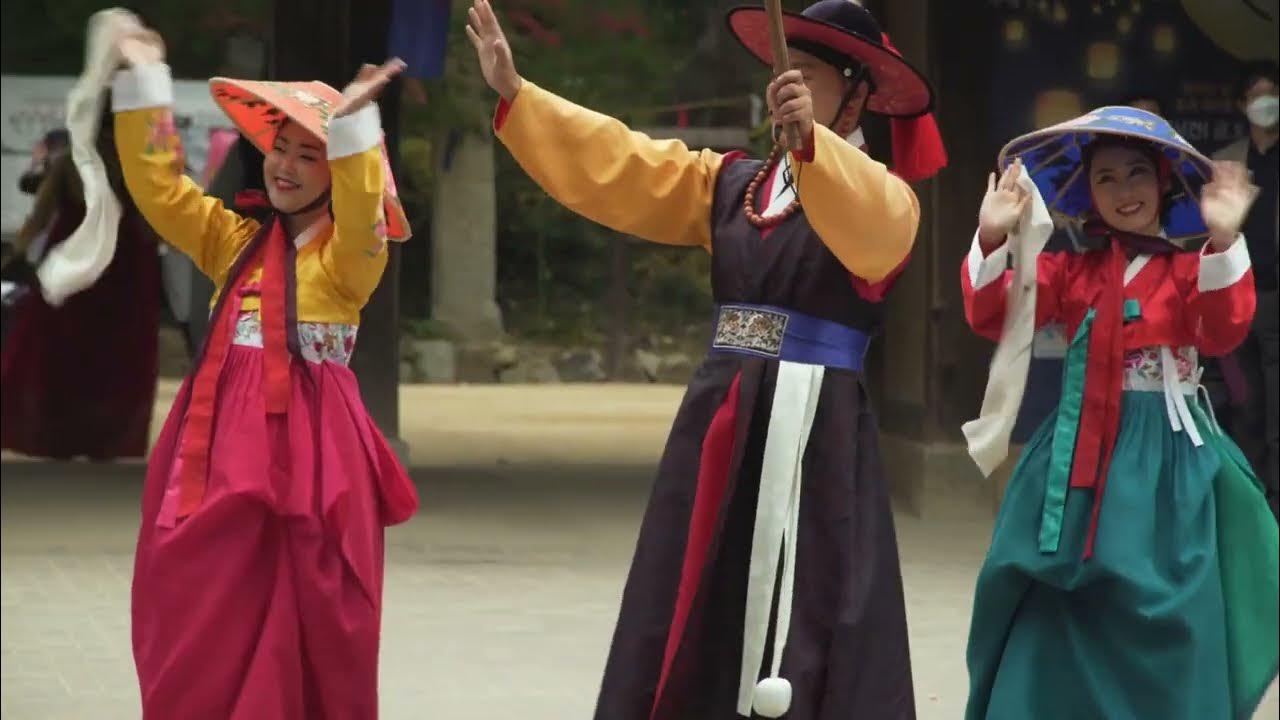Why some Koreans so racist towards filipino #racisim #korean #filipino
Summary
TLDRThe speaker, a Korean-American, critiques aspects of Korean culture, particularly the obsession with physical appearance and material wealth. They recount being insulted for their darker skin tone during a visit to Korea, and how they responded with their own sharp retort. The speaker also points out how some Korean-Americans form exclusive cliques and warns against basing one's identity solely on being Korean. Additionally, they criticize the tendency to idolize Korean celebrities like BTS and Blackpink and encourage foreigners to stand up for themselves when disrespected in Korea.
Takeaways
- 😡 Korean people may have a culture that values appearances and materialism, focusing on showing off wealth and physical looks.
- 💸 In Korea, it's common for wealthy people to display their riches openly, carrying luxury items to showcase their status.
- 😔 The speaker, a Korean-American, shares personal experiences of being bullied in Korea for not fitting the traditional beauty standards.
- 👩🦳 A specific example is given where the speaker was insulted for having darker skin, while the other person was very pale.
- 🌞 The speaker highlights a cultural difference, mentioning that in California, having a tan is considered attractive, contrasting with Korean beauty norms.
- 👥 Korean-Americans are described as being very exclusive, often only socializing within their own community, which can feel isolating to others.
- 🧐 The speaker criticizes people who base their entire identity on being Korean, calling it strange and limiting.
- 🎤 The speaker emphasizes that just being Korean doesn’t make someone equivalent to popular K-pop stars like BTS or Blackpink.
- ⚖️ The advice to foreigners visiting Korea is to stand up for themselves if they are disrespected, reciprocating the same energy.
- 🌍 The speaker calls for a reality check within Korean culture, particularly addressing issues of classism, appearance obsession, and social exclusivity.
Q & A
What issue does the Korean guy in the script address?
-The Korean guy addresses the issue of being insulted due to a misunderstanding of his ethnicity, being mistaken for a Filipino, and the broader issue of cultural obsession with physical appearance and classism in Korea.
Why does the speaker believe that many Koreans need a 'reality check'?
-The speaker believes that many Koreans need a 'reality check' because they are overly focused on outward appearances and material possessions as a measure of success and status.
What is the speaker's personal experience with being bullied in Korea?
-The speaker, a Korean-American, experiences bullying in Korea due to not conforming to the Korean standard of beauty, such as being told they are too dark.
How does the speaker respond to the girl who commented on their skin color?
-The speaker retorts by questioning the girl's paleness, comparing her to a piece of paper, and asserting that being tan is considered attractive in California where they are from.
What is the issue the speaker sees with the Korean-American community in their area?
-The speaker observes that the Korean-American community can be cliquey, preferring to socialize only within their own ethnic group, which can lead to exclusivity and discrimination.
What does the speaker suggest to foreigners who are disrespected in Korea?
-The speaker advises foreigners to stand up for themselves and reciprocate the disrespect they receive, emphasizing that being a visitor does not mean they deserve to be mistreated.
Why does the speaker feel the need to remind both Korean men and women of their actual status?
-The speaker wants to remind Korean men and women that being Korean does not automatically equate to being a famous K-pop star like BTS or Blackpink, and they should not let their identity define them in an arrogant way.
What is the main message the speaker is trying to convey to the Korean audience?
-The main message is that there is a need for a cultural shift in Korea where people are less focused on superficial aspects like looks and material wealth, and more on treating each other with respect and dignity.
What does the speaker imply about the concept of 'money moves in silence' in Korea?
-The speaker implies that in Korea, it is expected to openly display wealth and status, which is contrary to the concept of 'money moves in silence' where one's wealth is not flaunted.
How does the speaker view the behavior of some Koreans who base their personality on being Korean?
-The speaker finds it weird and limiting when someone's entire personality is based solely on their Korean identity, suggesting a more open-minded and diverse approach to self-identity.
Outlines

此内容仅限付费用户访问。 请升级后访问。
立即升级Mindmap

此内容仅限付费用户访问。 请升级后访问。
立即升级Keywords

此内容仅限付费用户访问。 请升级后访问。
立即升级Highlights

此内容仅限付费用户访问。 请升级后访问。
立即升级Transcripts

此内容仅限付费用户访问。 请升级后访问。
立即升级5.0 / 5 (0 votes)






